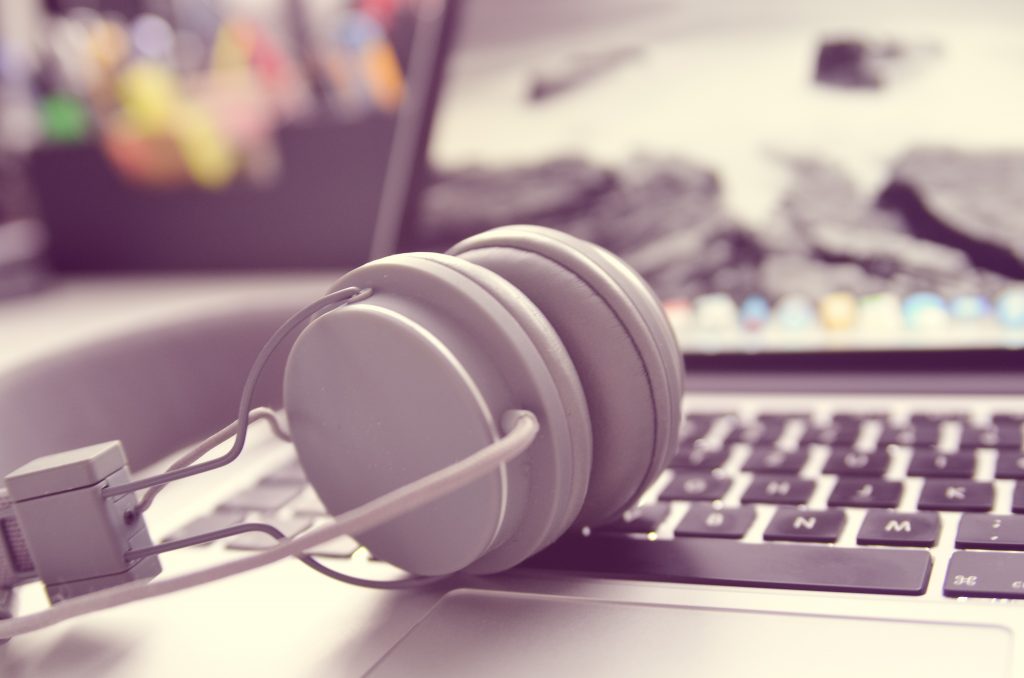- Expand your range
- Although you can start with TV programs, I recommend that you train with radio programs. The images are a strong vector of understanding that you will not have in the examination.
- Most oral documents are from the French national radio stations such as France Inter and France Info. If you have iTunes, you could download the broadcasts and listen to some podcasts whenever you have free time. All the more, you can rewind and listen again to the passages you did not understand well.
- When you go to the France Inter website you will find many different programs and you may feel lost about which one to choose. Therefore I advise you to listen to “Le 7/9” and “Grand bien vous fasse” from which you will kill two birds with one stone. In addition to listening practice, you will keep abreast of the French current events and you will pick up useful new arguments for the writing and speaking papers.
- The other essential website is RFI (Radio France International). You will find many exercices to train your listening.Here are some exercices C1-C2, but you should also have a look at the other activities which are very diversified. The additional advantage is found in the variety of accents.
- If you want to prepare yourself by watching documentaries and answering questions, you can go to the excellent website “7 jours sur la planète” in which exercises on line are suggested in three documentaries broadcast during the week on different French speaking TV channels.It also means that each week you will get new listening exercises. The questions are ranked from the easiest to the most difficult level.
- Timetable regular practice
Aim for a manageable amount of time like 30 minutes a day which you can dedicate everyday to listening to radio programmes in French.
- Learn actively by taking notes
As a learner, it is easy to view listening as a passive activity. You think you just need to be within earshot, and the sounds will enter your ears on their own.
However, learning happens when you as a learner is engaged in what you are doing and takes action to process new information.
Therefore, to get the maximal value from your listening activities, you need to take notes while listening.
By listening and taking notes at the same time, you will be much more interested and engaged in the audio content, and, as a result, you will learn in a much more organized and efficient way.
Back to the exam, do not forget to underline the key words in the questions with a highlighter
